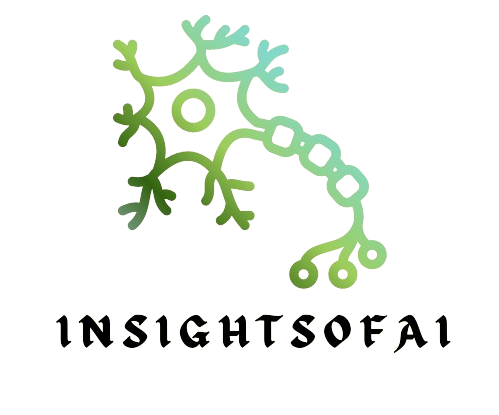If I were to ask you what’s the future of computing, what would you say? If your answer is “quantum computing”, you’re right on the money. But what about applying it to data science? Is it the future, or is it just hype? Let’s dive in and explore.
1) Introduction to Quantum Computing
Imagine stepping into a world where the traditional rules of computing don’t apply. A world where bits aren’t just 0s and 1s but can be both at the same time. Welcome to the world of quantum computing. With its fascinating nature and unimaginable speed, it has the potential to revolutionise our digital world.
1.1)Traditional Computing vs Quantum Computing
1.1.1) The Limitations of Traditional Computing
Traditional computing has done wonders for our world, but it has its limitations. Computers process information in bits, which can either be 0 or 1. As the data grows, these binary systems struggle to keep up, leading to more time and energy consumption.
1.1.2) The Power of Quantum Computing
Quantum computers, on the other hand, use quantum bits or “qubits”. Unlike traditional bits, a qubit can be in a state of 0, 1, or both simultaneously, thanks to a property called superposition. This allows quantum computers to process vast amounts of data at lightning speed.
2) How Does Quantum Computing Work?
Quantum computing exploits the weird and wonderful rules of quantum mechanics. Apart from superposition, it also leverages entanglement and quantum tunnelling. Entanglement allows qubits to be linked together, such that the state of one can instantly affect the other, regardless of distance. Intriguing, isn’t it?
3) Quantum Computing and Data Science
3.1)Quantum Machine Learning
Data Science has always been about deriving insights from data. With Quantum Computing, this could be supercharged. Quantum machine learning algorithms could significantly outperform their classical counterparts, making them capable of solving complex problems faster.
3.2) Quantum Algorithms
Algorithms like Shor’s and Grover’s have shown potential to vastly outpace classical algorithms. For instance, Shor’s algorithm can factor large numbers more efficiently than any known classical algorithm, which could have substantial implications for cryptography.
4) Current State of Quantum Computing in Data Science
While it sounds promising, the practical implementation of quantum computing in data science is still in its infancy. Companies like IBM, Google, and Microsoft are making strides, but the technology is not yet ready for widespread use.
5) Benefits and Challenges of Using Quantum Computing in Data Science
The benefits of quantum computing in data science are immense, from quicker data processing to complex problem-solving. However, it comes with challenges, like error correction and stability of qubits. Moreover, developing quantum algorithms is no small feat.
6) Quantum Computing: The Future of Data Science or Just Hype?
While there’s a lot of excitement about quantum computing, it’s still early days. The potential is vast, but so are the hurdles. However, with continuous research and development, the application of quantum computing in data science could become a reality sooner than we think. So, it’s not just hype, it’s the future in making.
7) Conclusion
The world of quantum computing is both intriguing and promising. While its practical implementation in data science is still a work in progress, the potential it holds is massive. It’s not just a hype, it’s a futuristic reality we are progressively inching towards.
8) Frequently Asked Questions
- What is quantum computing?
Quantum computing is a type of computing that uses the principles of quantum mechanics to process information. - How does quantum computing differ from traditional computing?
Traditional computing uses bits (0 or 1) to process information, whereas quantum computing uses qubits, which can be in a state of 0, 1, or both simultaneously. - What is a qubit?
A qubit or quantum bit is the basic unit of quantum information. It can exist in multiple states at once thanks to superposition. - What potential does quantum computing hold for data science?
Quantum computing has the potential to speed up data processing, solve complex problems more efficiently, and advance machine learning in unprecedented ways. - Is quantum computing just a hype?
While it’s still in the early stages of development, the potential of quantum computing is vast. It’s not just hype, it’s a futuristic reality we are gradually heading towards.

